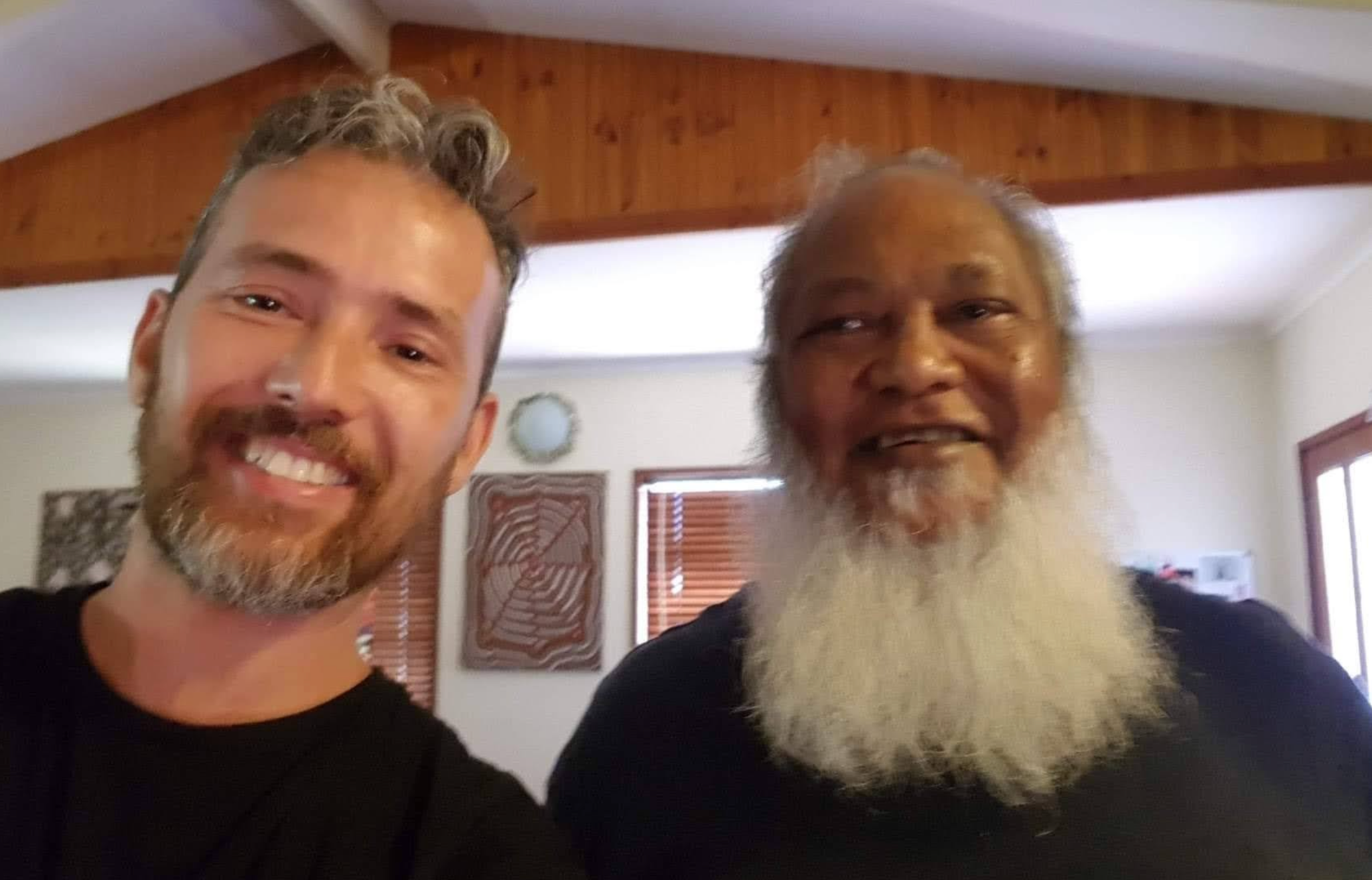

DTA - Helping make government services more navigable for all — especially those often left out
Conducted discovery research in Broome to understand how people navigate government services on behalf of others — often in complex, high-trust situations.
From Medicare to the NDIS, key services remained out of reach for those unable to verify their identity or act on behalf of others. Marginalised communities, especially First Australians, faced systemic barriers — not just in policy, but in everyday interaction.
MY APPROACH
I led ethnographic research and iterative prototyping across diverse communities, using behavioural frameworks, life-event mapping, and stakeholder co-design to shape a risk-based authorisation model aligned with real-world complexity.
Detail: A future-state service blueprint and life-event journey spanning multiple government agencies — mapping key interactions across real-world scenarios.
THE IMPACT
We developed a regulatory framework that adapts authorisation requirements to real-life risk — reducing friction where possible, protecting trust where needed. The work influenced future policy, improved service inclusivity, and helped reposition identity and access as enablers, not barriers — especially for First Nations users and people navigating care on behalf of others.
Detail: A high-level guide aligning digital uplift with lived experience and autonomy — supporting more nuanced, person-to-person authorisation decisions.